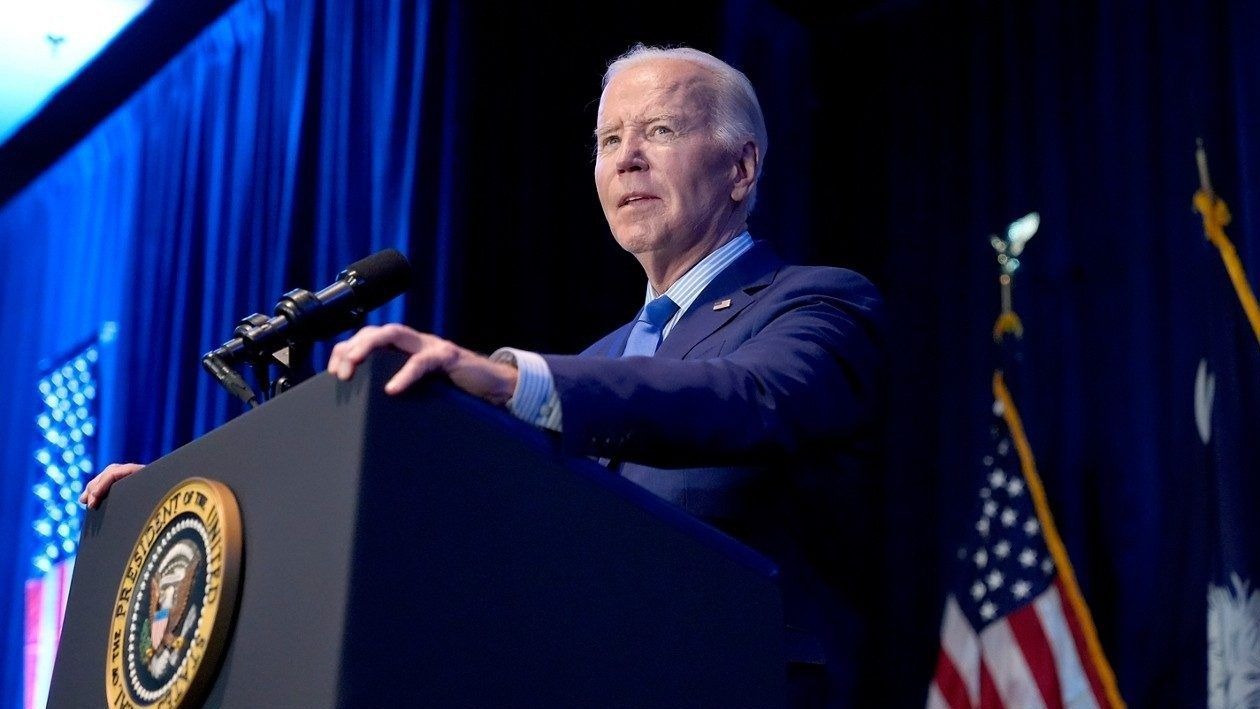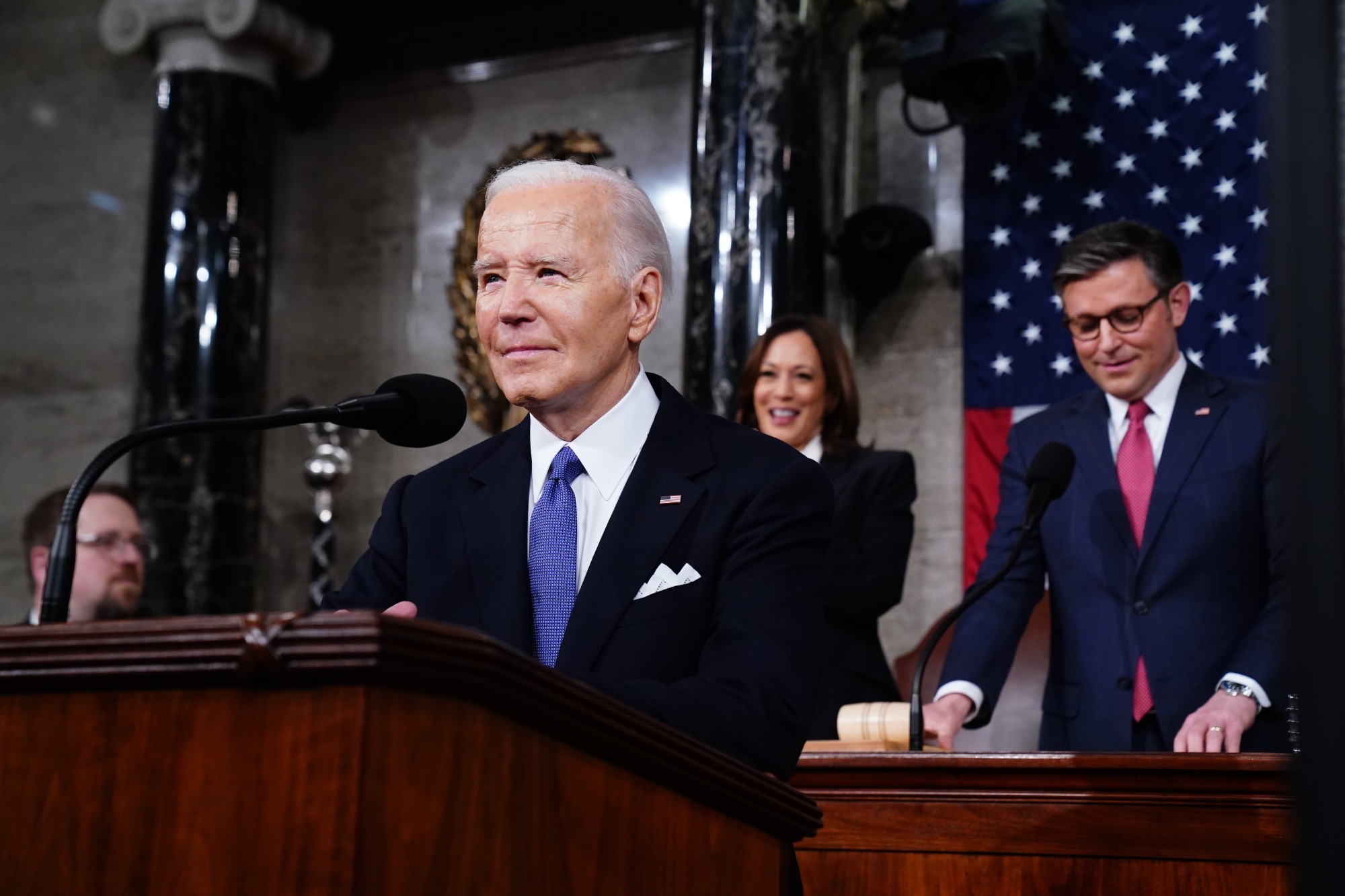President Joe Biden’s fiscal 2025 budget proposal, totaling $7.3 trillion, outlines a vision for his second term focused on delivering more services, middle-class tax breaks, and price controls funded through higher taxes on the wealthy and corporations.
The budget, revealed on Monday, serves as Biden’s initial offering in his reelection campaign against former President Donald Trump.
It builds upon the themes outlined in his recent State of the Union address. However, due to Congress’s divided nature, many of the budget’s provisions are unlikely to become law.
Key elements of the proposal include monthly tax credits for homeowners to offset high mortgage rates, subsidies for child care for parents, and government intervention to lower prescription drug prices.

Joe Biden (Credits: Spectrum News)
Significant changes to the tax code, including raising corporate taxes and implementing a new minimum tax rate for billionaires and large companies, would fund these initiatives.
The budget proposal reflects Biden’s efforts to address economic inequality and support working families. It includes investments in education, healthcare, and infrastructure, aiming to create jobs and stimulate economic growth.
The budget also includes funding for initiatives to combat climate change and promote clean energy, aligning with Biden’s broader environmental goals.
One of the budget’s most significant aspects is its focus on tax reform. Biden proposes raising the corporate tax rate from 21% to 28% and imposing a minimum tax rate of 15% on corporations with profits over $1 billion.

President Biden (Credits: Vox)
He also seeks to increase taxes on wealthy individuals, including raising the top marginal income tax rate and taxing capital gains as ordinary income for those over $1 million.
These tax changes are intended to fund the expansion of social programs and reduce the federal deficit. However, they will likely face opposition from Republicans and some moderate Democrats, making their passage uncertain.
Biden’s budget proposal represents a bold vision for his second term, prioritizing investments in social programs, infrastructure, and climate change mitigation.
While many proposals may face challenges in Congress, they demonstrate the president’s commitment to addressing pressing issues facing the country and building a more equitable economy.























